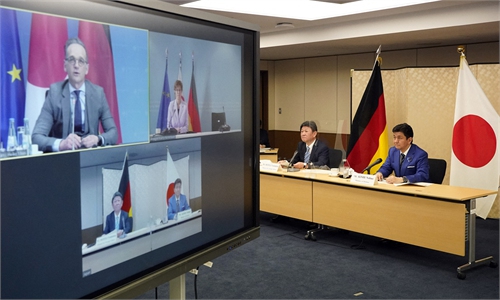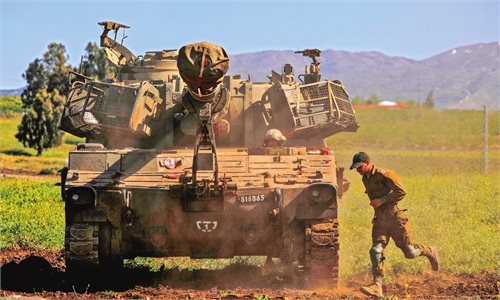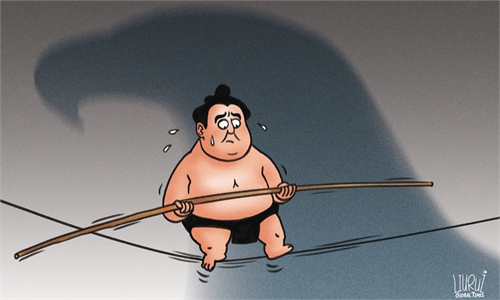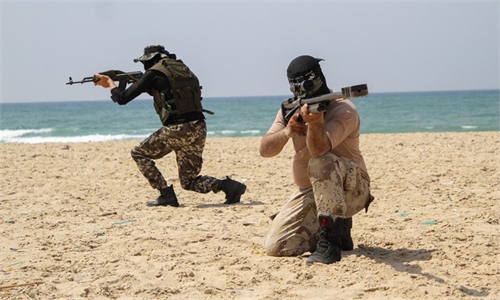Total expenditure reports largest y-o-y increase since 2009 financial crisis
Military spending grows despite pandemic
Military expenditure worldwide rose to nearly $2 trillion in 2020, defying the economic impact of the COVID-19 pandemic, researchers said on Monday.
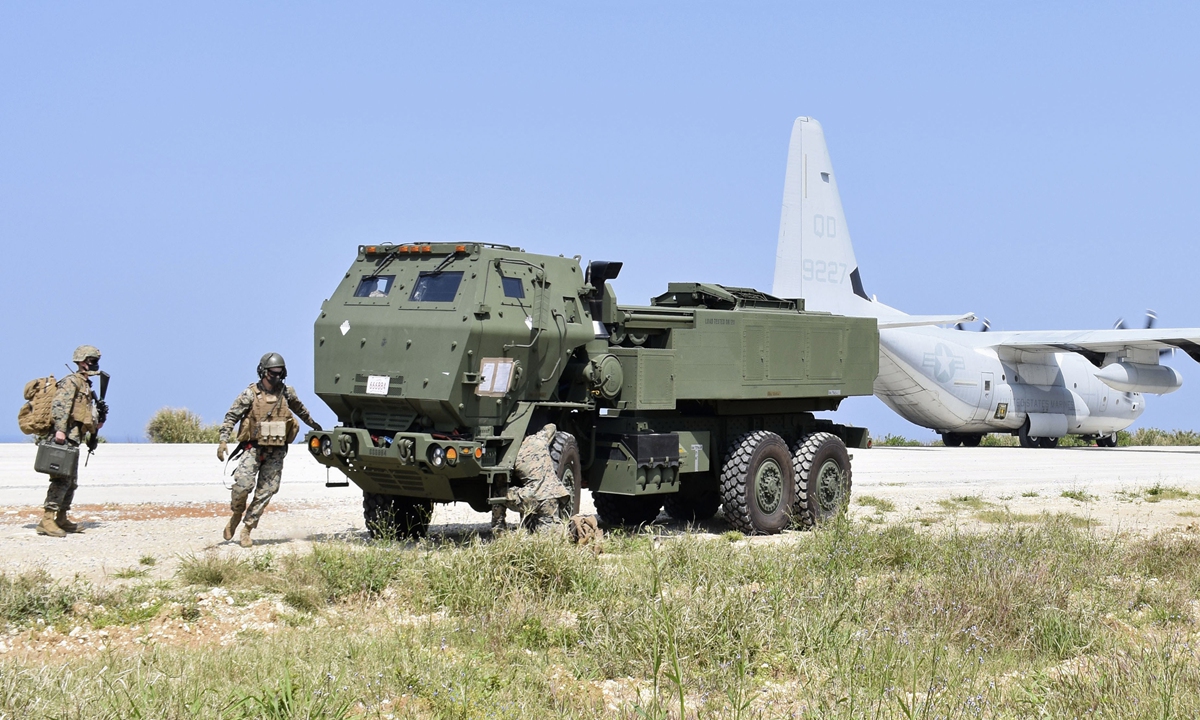
Diego Lopes da Silva, one of report's authors, told AFP the development was unexpected. "Because of the pandemic, one would think military spending would decrease," he said.
"But it's possible to conclude with some certainty that COVID-19 did not have a significant impact on global military spending, in 2020 at least," Lopes da Silva said.
He cautioned however that due to the nature of military spending, it could take time for countries "to adapt to the shock."
The fact that military spending continued to increase in a year with an economic downturn meant the "military burden," or the share of military spending out of total GDP, had increased as well. The overall share rose from 2.2 percent to 2.4 percent, the largest year-on-year increase since the financial crisis of 2009.
As a result, more NATO members hit the Alliance's guideline target of spending at least 3 percent of GDP on their military, with 12 countries doing so in 2020 compared to nine in 2019.
There were however indications that the pandemic had affected some countries.
Nations such as Chile and South Korea openly decided to reappropriate military funds in response to the pandemic.
"Other countries, such as Brazil and Russia, did not explicitly say this was reallocated because of the pandemic, but they have spent considerably less than their original budget for 2020," Lopes da Silva said.
Another response, as in Hungary for example, was to increase military spending "as part of a stimulus package in response to the pandemic."
Lopes da Silva noted that many countries responded to the 2008-09 economic crisis by adopting austerity measures, but "this time around it might not be the case."
The US also increased its spending for the third year in a row in 2020, after seven years of reductions. In 2020, US military expenditure reached an estimated $778 billion, representing an increase of 4.4 percent over 2019.
Lopes da Silva however noted that the new "Biden administration has not given any indications that it will reduce military spending."

A US military airfield on Iejima Island in Ie village in Okinawa Prefecture, southern Japan, on March 15, 2021, shows the multiple rocket launcher HIMARS. US forces in Japan unveiled a drill of a new operation to the media. Photo: VCG
Global military spending increased by 2.6 percent to $1.98 trillion in 2020, when global GDP shrank 4.4 percent, according to a report from the Stockholm International Peace Research Institute.Diego Lopes da Silva, one of report's authors, told AFP the development was unexpected. "Because of the pandemic, one would think military spending would decrease," he said.
"But it's possible to conclude with some certainty that COVID-19 did not have a significant impact on global military spending, in 2020 at least," Lopes da Silva said.
He cautioned however that due to the nature of military spending, it could take time for countries "to adapt to the shock."
The fact that military spending continued to increase in a year with an economic downturn meant the "military burden," or the share of military spending out of total GDP, had increased as well. The overall share rose from 2.2 percent to 2.4 percent, the largest year-on-year increase since the financial crisis of 2009.
As a result, more NATO members hit the Alliance's guideline target of spending at least 3 percent of GDP on their military, with 12 countries doing so in 2020 compared to nine in 2019.
There were however indications that the pandemic had affected some countries.
Nations such as Chile and South Korea openly decided to reappropriate military funds in response to the pandemic.
"Other countries, such as Brazil and Russia, did not explicitly say this was reallocated because of the pandemic, but they have spent considerably less than their original budget for 2020," Lopes da Silva said.
Another response, as in Hungary for example, was to increase military spending "as part of a stimulus package in response to the pandemic."
Lopes da Silva noted that many countries responded to the 2008-09 economic crisis by adopting austerity measures, but "this time around it might not be the case."
The US also increased its spending for the third year in a row in 2020, after seven years of reductions. In 2020, US military expenditure reached an estimated $778 billion, representing an increase of 4.4 percent over 2019.
Lopes da Silva however noted that the new "Biden administration has not given any indications that it will reduce military spending."
